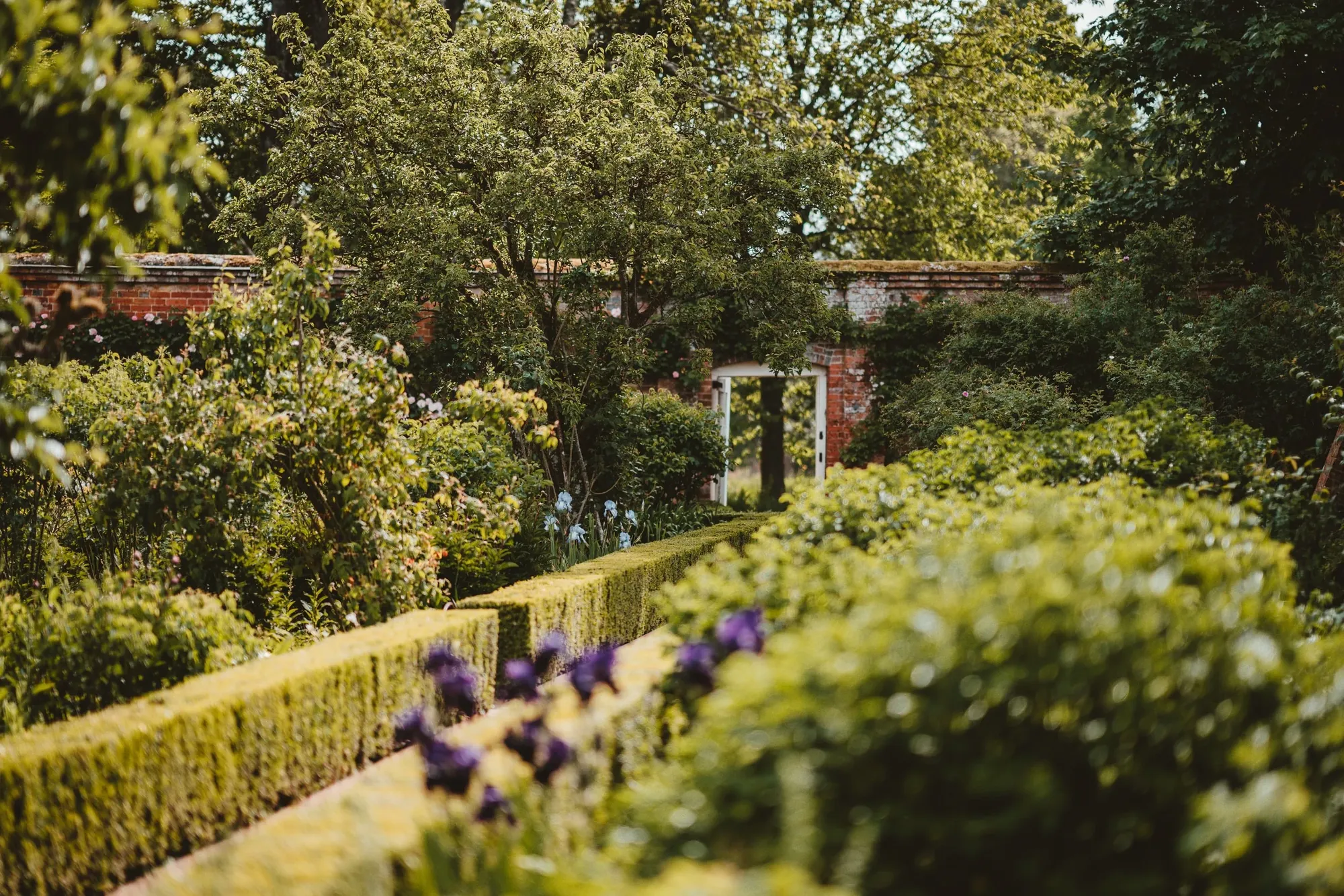A return from the walled gardens
A rant about getting back to posting thoughts, observations, and opinions in the public sphere rather than behind the closed confines of walled gardens

It has been quite a few years, seven to be precise, since my last post in 2014 recapping the South by Southwest (SXSW) Conference and Music Festival. A few minor things have happened in the meantime: got married, a couple kids showed up, worked on a startup company, moved homes, squeezed in a few vacation trips, etc. All these have been wonderful and positive experiences, and should have created ample of new material to post about, so why the empty canvas? Because, when life gets busy, one has to prioritize.
Because most of what we say and do is not essential. If you can eliminate it, you’ll have more time, and more tranquility. Ask yourself at every moment, “Is this necessary?" ~ Marcus Aurelius
The problem with choices and consequent elimination of possibilities is that sometimes in our haste, we don't make the right trade offs. Case in point are the walled gardens of the dominant social media networks. They provide any easy way to post a quick update, a tweet, react to someone else's post, press a like button, or heart an image, guilt on all counts, but nothing of the above is permanent. Many of these silos have come and gone before and this has led to creative content destruction that is down right tragic when it comes to Internet history. It may not be comparable to the burning of the Great Library of Alexandria, but there should be some sadness about all the design and information that has been lost just over the last twenty years.[1]
The loss of older content because it cannot be archived by the likes of the Internet Archive is but one of the many problems which the walled gardens create.[2] Others include the loss of control with respect to personal data and ad-based revenue models which either promote the spread of misinformation or lead to echo-chambers rather than intelligent debate.[3]
"Companies must do more to ensure their pursuit of short-term profit is not at the expense of human rights, democracy, scientific fact or public safety." ~ Sir Tim Berners-Lee
Why are the above important to me personally? First, I would like my content to be easily accessible by the few or the many who may find it interesting, or simply have nothing better to do while sitting on the porcelain throne. Second, creating any sort of content is hard and takes times - no matter how simple it may seem to others. Why should this content live behind walled gardens and be monetized, or even weaponized, by entities in ways that are beyond my comprehension or control? Additionally, as previously mentioned, these entities could one day just turn off the lights, and with a flip of a switch all that content would suddenly disappear into digital dust.
All of this is just a long winded way of saying that my thoughts and rambling should exist on the open internet once again in the form of a simple blog like they used to do back in the days. Now, should I be writing under my own name or under a pseudonym and begin to partake in the Pseudonymous Economy?[4]
Essays, papers, and books have been written on this topic, here is one: https://www.bbc.com/future/article/20190401-why-theres-so-little-left-of-the-early-internet ↩︎
It is wonderful to go back in time and revisit one's old creations. Thankfully services like this one allow it even though the originals are long gone: http://web.archive.org/ ↩︎
Many more issues are discussed much more eloquently by Sir Tim Berners-Lee in his essay on the World Wide Web's 30th birthday: https://webfoundation.org/2019/03/web-birthday-30/ ↩︎
A fascinating podcast which covers the Pseudonymous Economy and many other topics, but be prepared to drop about 4h of your time: https://tim.blog/2021/03/24/balaji-srinivasan/ ↩︎
